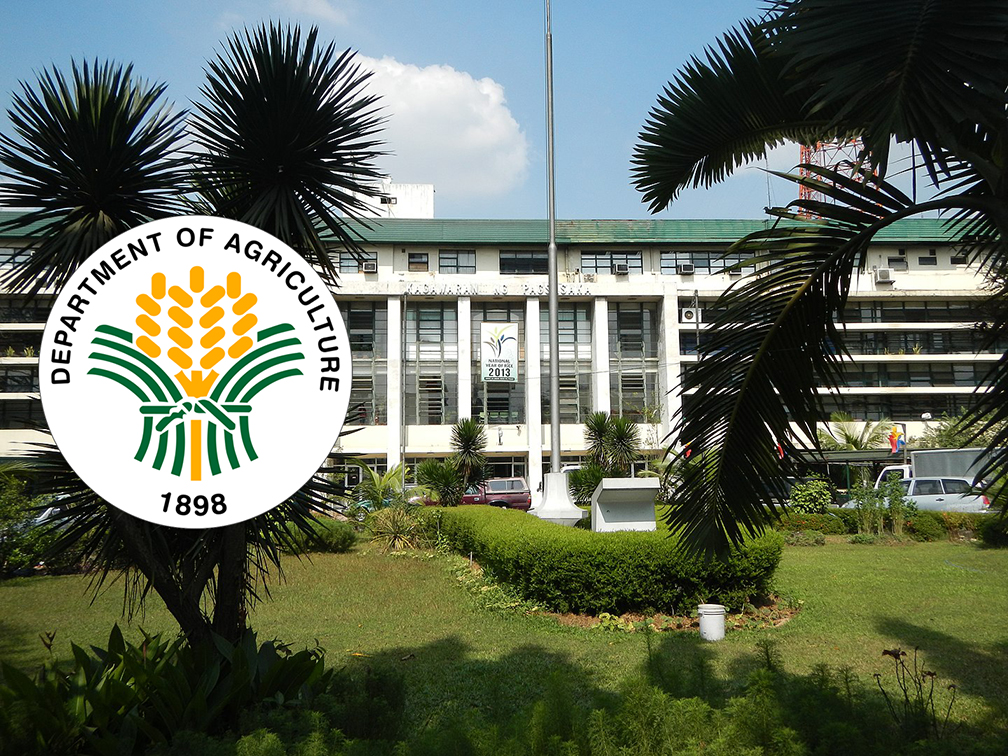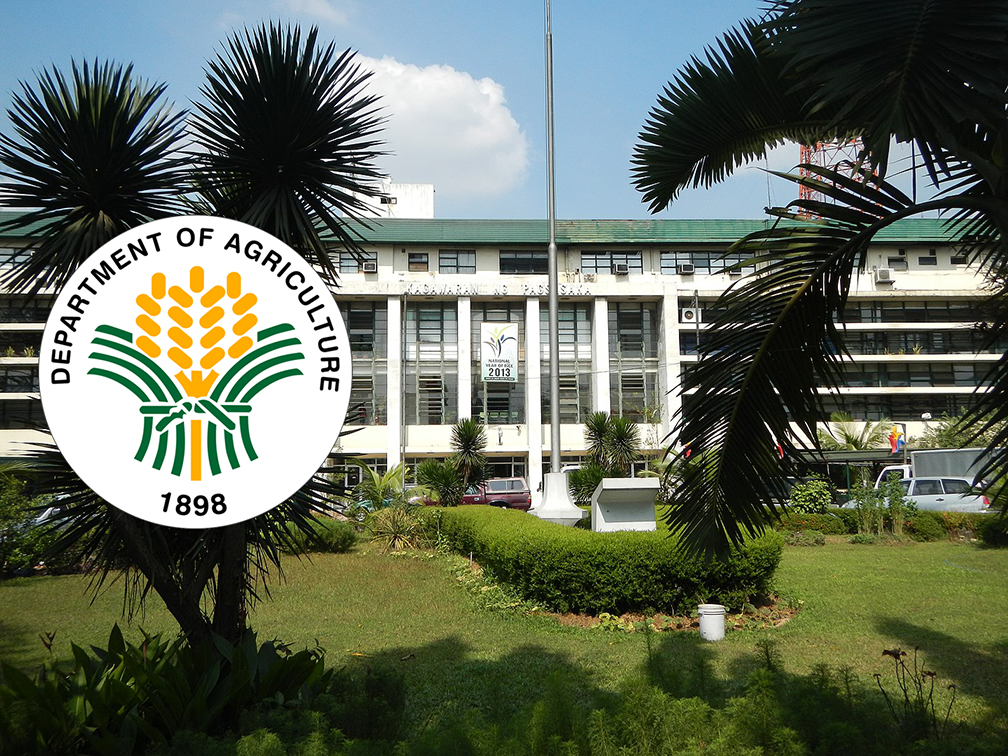
THE Philippines has temporarily banned the importation of beef from the United Kingdom after London confirmed an outbreak of classical mad cow disease, dealing another blow to food manufacturers’ raw material supply.
The Department of Agriculture (DA) issued Memorandum Order (MO) 60, dated October 4, authorizing the temporary ban on the importation of live cattle, meat and meat products derived from cattle from the United Kingdom.
The MO took effect immediately, resulting in the temporary suspension of the processing and issuance of sanitary and phytosanitary import clearance (SPS-IC) for cattle-related products from the United Kingdom.
Based on the document signed by Agriculture Secretary William D. Dar, all beef shipments from the United Kingdom en route to the Philippines shall be allowed to enter the country provided that the slaughter and production date of the product is on or before August 31, 2021.
The DA based its ban on the report of the United Kingdom to the World Organisation for Animal Health (OIE) last month, confirming an outbreak of classical bovine spongiform encephalopathy (BSE) in a farm in Somerset, South West England.
“Classical BSE is a zoonotic disease which may pose a risk to consumers due to its link with the variant Creutzfeldt-Jakob disease (vCJD) in humans,” Dar said in MO 60, which was made public on Tuesday.
During a normal situation, a closure of the United Kingdom beef supply would not make a dent in the country’s overall beef supply since it only accounts for about 2 to 4 percent of the annual total beef imports.
However, the temporary import ban on United Kingdom beef came at a time that Brazil, the country’s largest source of beef imports, is also banned from exporting beef to the Philippines.
Beef imports from the United Kingdom last year reached 4,115.829 metric tons (MT), based on Bureau of Animal Industry (BAI) data. Brazil, on the other hand, exports about 45,000 MT of beef products to the Philippines annually.
‘Very high risk’
The Philippine Association of Meat Processors Inc. (PAMPI) said the import ban on United Kingdom beef was expected since it recorded a classical BSE outbreak, which it noted, “poses very high risk to both animal and human health.”
“[The United Kingdom] ban will impact mainly our beef fat requirements, but not as much, but given that Brazil is still suspended by our DA as of today, the impact of new bans/restrictions imposed on other country sources is magnified,” PAMPI told the BusinessMirror.
“What we expect is that the DA & BAI should already lift the ban on Brazil beef because it involves only atypical BSE which, according to experts and the OIE, doesn’t really affect animals and humans. Brazil beef accounts for about 40 percent of our beef imports, and for some processors up to 70 percent of their raw mat requirements,” the group added.
Last month, the Philippines slapped a temporary import ban on Brazilian beef products, including live cattle, after the Latin American country reported an outbreak of Atypical BSE.
BAI data showed that half of the annual beef imports from the United Kingdom are beef fat. BAI data also showed that beef imports from the United Kingdom have been constantly growing, with import volume in the January to August period this year reaching 4,429.458 MT, eclipsing the full-year import volume last year.
Beef fat is a flavor enhancer used by meat processors in producing beef-based products like hot dogs, canned meat loaves and corned beef.

